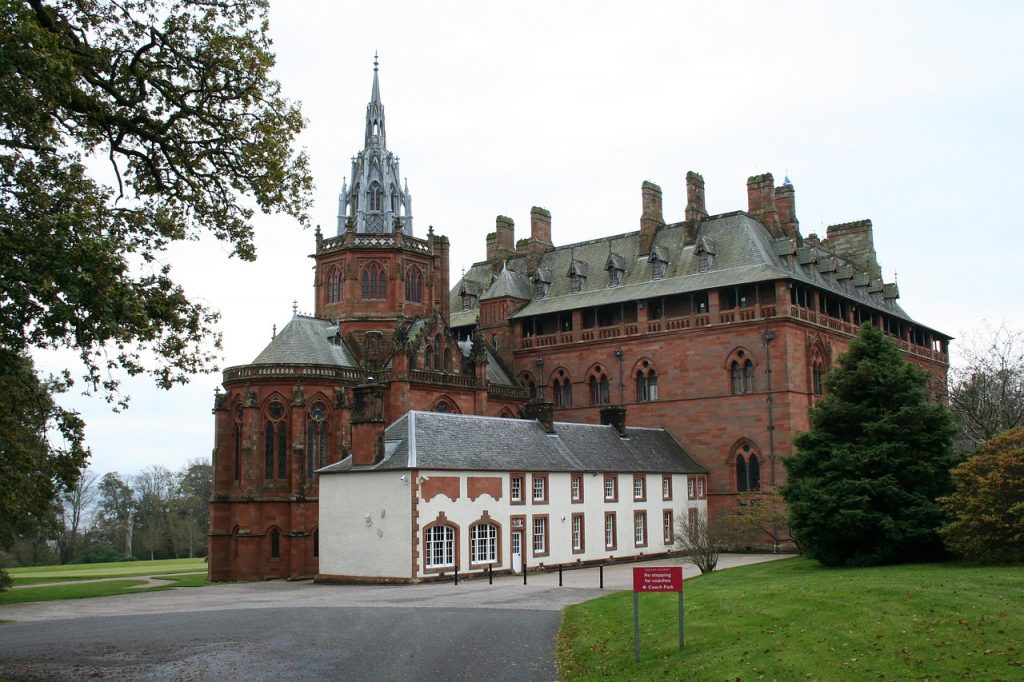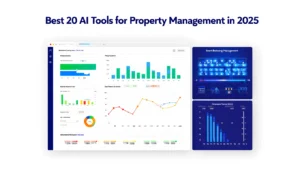Introduction: Property In Scotland

In the last few years, Scotland has become a popular destination for property investors. Especially for those based in other parts of England, Scotland becomes a neighbouring option that provides vast green swathes of land, a culture that is different despite its proximity and unrivalled scenery serving as a potential backyard.
The majority of land in Scotland belongs to the government, i.e., public agencies taking care of the land for the citizens. The largest ‘owner’ of this land is the Forestry and Land, which takes care of a million acres of land, contributing mainly to the economy through timber and tourism.
However, there is an entirely different process that goes into searching for who owns property in Scotland. Keep reading to find out essential details about this system.
Information On Property Ownership In Scotland

Source: Pixabay
Property ownership in Scotland is recorded by what is known as the Land Register. The first step to finding who owns land in Scotland is to visit their website, which is the leading property and land records register for the country.
Based on the Ordnance Survey, the Land Register was started in 1981 and provided relief to landowners by guaranteeing them a state-backed title.
The Land Register has details regarding:
- Property ownership
- Title plans
- Rights and conditions
In case the property one is interested in seems to be abandoned or requires complete renovation, the person can contact what is known as the Empty Homes Advice Service. This involves working with the surrounding community, like neighbours and public agencies, in bringing back the house to a livable condition.
What are title deeds?
Title deeds are, simply put, legal documents that include information on who officially owns land or building, usually known as heritable property. It is one of the most important primary documents to get knowledge about when searching for any kind of house or land.
They’re usually old documents that are admittedly difficult to understand. They could also be in the form of Land Certificates, which are modern versions of the same. The type of deed on a particular property depends on how old the property is when you and the previous owner the previous owner and you bought it. Regardless, the age of the title deed is not relevant to any buyer, but the information in it certainly is. It is advised to hire a solicitor to translate the jargon that is used and mentioned in these documents.
Burdens

Source: Pixabay
Title deeds also provide information on if there is any mortgage over the property and the burdens (obligations that affect the land) on the house. They are included in the property owner’s title deeds and have details on:
- Repair and maintenance for common areas of the property if the property is an apartment or a building shared by other tenants.
- Access rights to the property and any surrounding common areas.
- Restrictions on the property.
- For example, other restrictions are not being able to run a business from the building or issues with pet ownership.
Who Owns This Property And Why Do I Need To Know?

Source: Pixabay
Let’s go through a demo of the property search process. You visit the land registry website and search for a property based on address. The first thing you’ll see is who owns the property and in the case of a residential building, will let you know that it is owned by Mr. and Mrs. XYZ.
This is the part where property searchers have to be discerning. You have to make sure that you know how many people and who officially own the property. Eventually, when the meeting with the vendor takes place, you will be discussing negotiations, future plans for the building, the price at which you will be settling on. In this case, it would be useless to talk to someone who is not responsible for the property and cannot guarantee that the verbal agreement was legitimate. If a couple jointly owns the property, it would be better to talk to both of the owners if one of them disagrees with the terms.
Conclusion: How Property Is Changing In Scotland
With many issues like absentee landlords, local communities being concerned over loss of economy, and abuse of power over land ownership, Scotland has been going through a reckoning in terms of land reform. One of the directions it is taking is community ownership. It is certainly advantageous for potential investors and interested people to know how property can be bought and get in direct contact with the people who own the land itself.





